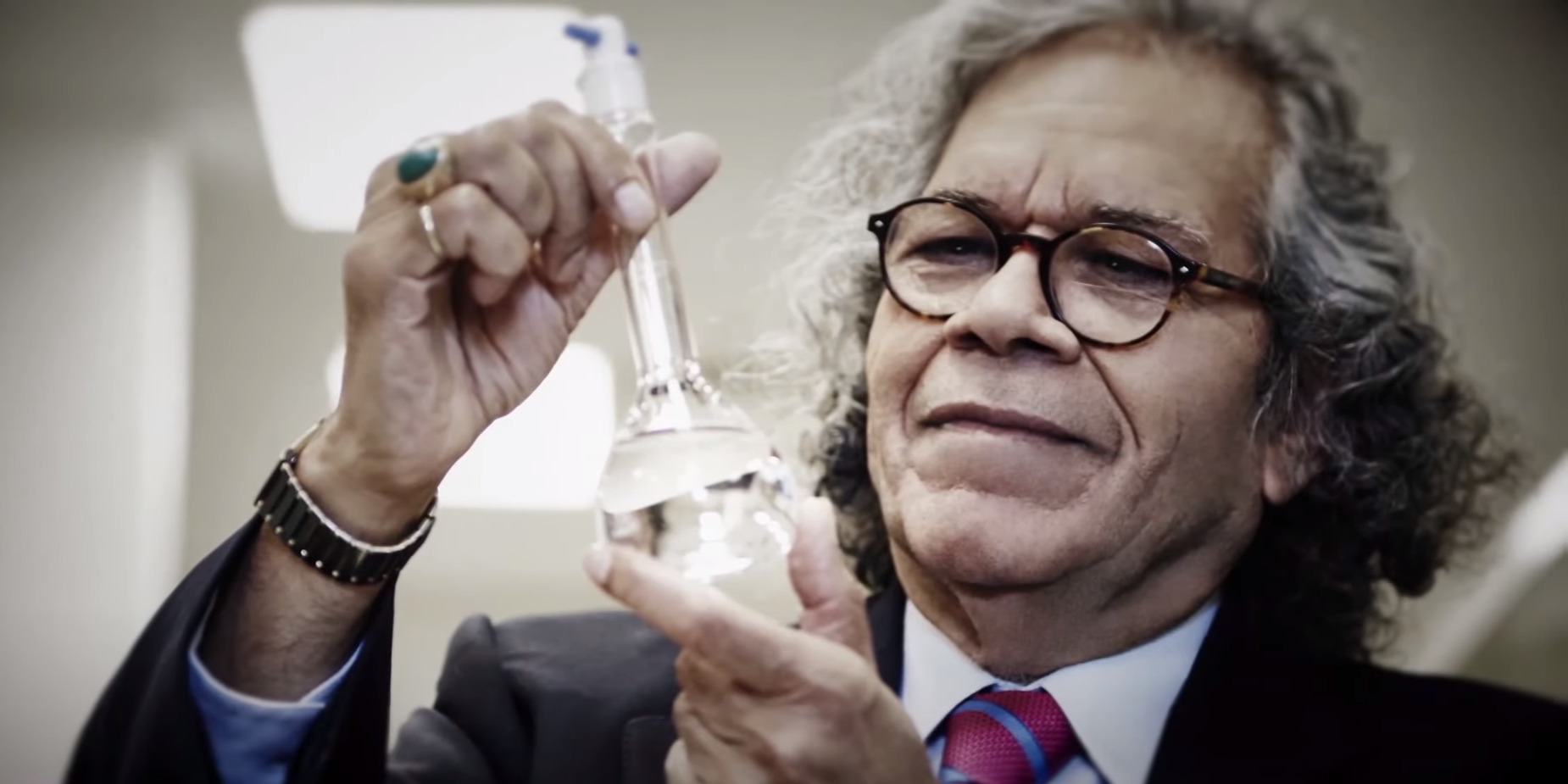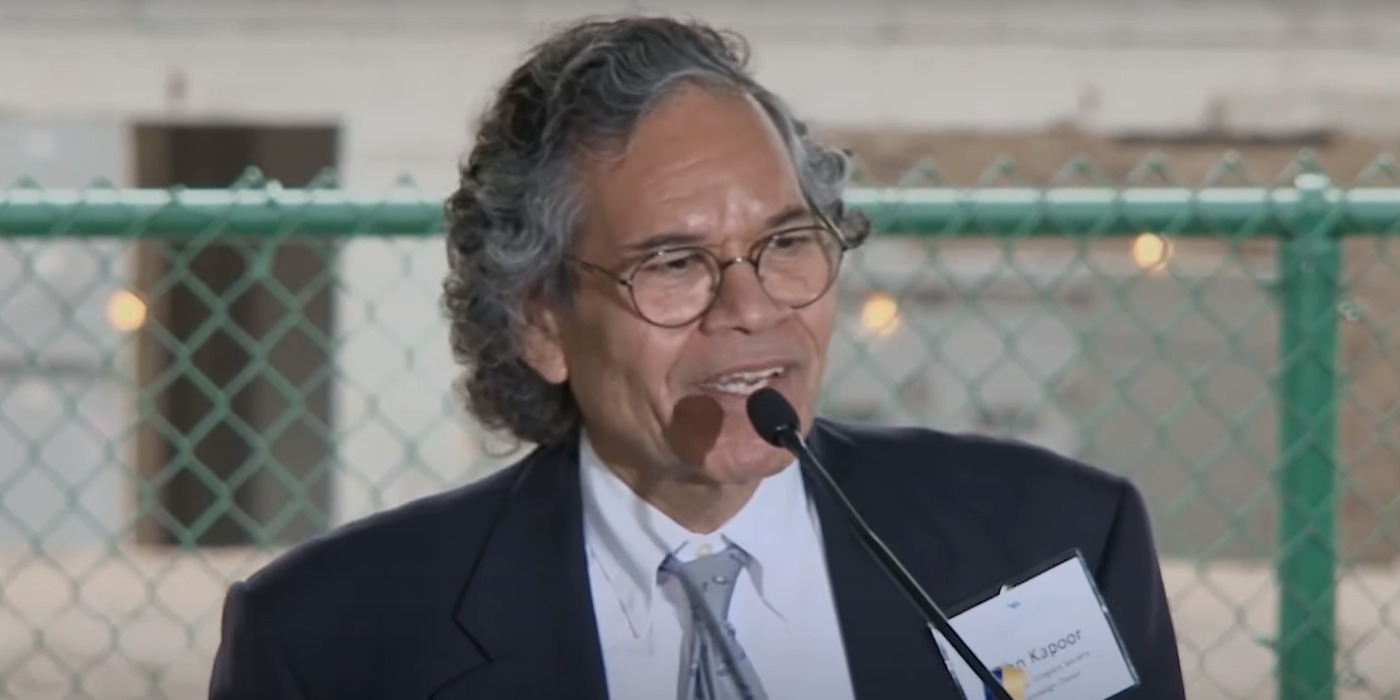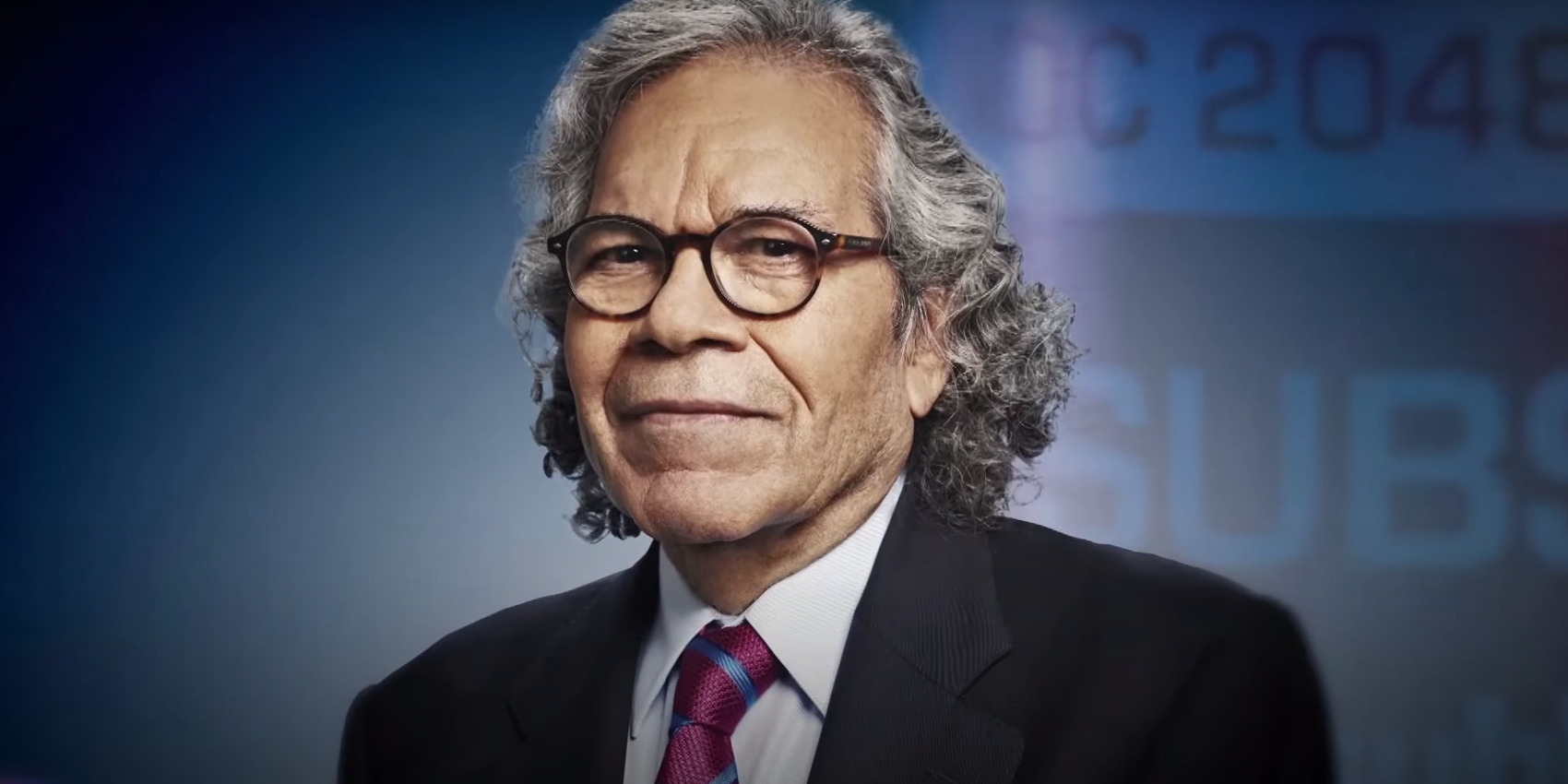With ‘Pain Hustlers‘ and its dramatized exploration of Big Pharma’s impact over the deadly Opioid Crisis, scandals from recent history, namely the one involving Insys Therapeutics, have found themselves back in public attention. In the film, the narrative follows Liza Drake, who’s recruited to work at Jack Neel’s Zanna Therapeutics as a sales representative for the company’s painkiller fentanyl spray, Lonafen. Eventually, the endeavor ends up costing Liza and everyone else involved a great deal, as their insatiable greed pushes them to damning actions.
Due to the noticeable similarities between the film’s Jack Neel (Andy Garcia) and the real-life founder of Insys Therapeutics, John Kapoor, viewers are bound to grow an interest in the latter man and the trajectory of his life after the downfall of his company. Therefore, if you’re looking for details about John Kapoor’s current life and whereabouts, here’s everything we know about the same.
Who Is John Kapoor?
Born in the early 1940s, John Kapoor, founder of Insys Therapeutics, used to be one of the most successful names in the American Pharmaceutical industry, even achieving a feature on Forbes. In 1972, the man, hailing from India, attended the State University of New York and earned a doctorate as the first person from his family to attend college. Soon after, Kapoor dove into a professional career, subliminally highlighted by his penchant for crossing paths with the FDA for the wrong reasons.
For some years, Kapoor worked at LyphoMed, a pharmaceutical company owned by Stone Container, before buying it in 1981. While the company, specializing in drugs, flourished under Kapoor’s control, overseeing increased sales, it also received considerable heat from the FDA for its consistent failure to comply with manufacturing rules. Eventually, the company was accused of shipping non-sterile “and otherwise dangerously violative” drugs out to hospitals.

Nevertheless, Kapoor soon washed his hands off LyphoMed, selling it to another company. Even though he had to deal with a lawsuit, the man maintained the opposing party’s charges were “preposterous” but still settled the suit, even if for a smaller amount. Around the same time, Kapoor also moved on to different professional ventures before arriving at Insys Therapeutics.
Although Kapoor founded Insys Therapeutics in 2002, it wasn’t until much later that he decided to bring his brand-new idea to the company’s game board: Fentanyl in a spray can. Kapoor, credited in significant part with Subsys’ success and eventual ruin, often cites his own personal tragedy as the motivation behind Subsys. Kapoor met his wife, Editha, early on in his career while working at a water treatment firm, Mogul Corp. Unfortunately, in 2005, Editha passed away due to her metastatic breast cancer. As such, according to Kapoor, the tragic experience gave him a new understanding of cancer patients’ true pain.
Inspired by his previous sales strategy that did wonders in his old company, Sciele Pharma, known for its blood pressure pills, Kapoor decided to implement the same plan of recruiting young, inexperienced salespeople to work for low salaries and big bonuses. Thus began the journey of Subsys, Insys’ opioid pain medication. In marketing its leading drug, Insys employed unethical means like hosting kickback schemes disguised as “Speaker Programs,” where they bribed doctors with luxurious incentives to write scripts for their medicine.
As a result, doctors, encouraged by Insys reps, began to prescribe Subsys off-label, even to non-cancerous patients without opioid tolerance. Consequently, the company came under contempt of FDA guidelines due to the drug’s non-approved usage, which led to the death of numerous individuals and contributed to the addiction of many more.
John Kapoor is Now a Free Man
In 2017, in Arizona, the authorities arrested John Kapoor. Still, it wasn’t until a few years later that Kapoor was convicted by a federal jury, alongside other Insys executives, on the charges of RICO conspiracy. His prosecution is often referred to as the first successful prosecution of pharmaceutical executives for their involvement in the Opioid Crisis.

U.S. District Court Judge Allison D. Burroughs, who passed the final ruling on Kapoor’s case, went on to share that she came to her decision regarding Kapoor’s sentence after careful consideration of his advanced age, philanthropist past as well as the central role he played in the crime. As such, although federal prosecutors were hoping for a 15-year sentence, Kapoor received minimized prison time of 66 months, which was to be followed by three years of supervised release. On top of the same, the former billionaire also had to pay $250,000 in fines and an added $59 million+ in restitution.
Furthermore, in the summer of 2023, a judge passed a ruling stating Kapoor must pay $6 million in legal fees to his bankrupt Opioid manufacturer for unsuccessful criminal defense. As for his current standing, upon serving 2 out of his 5½-year sentence, he was released from the minimum security Duluth Federal Prison Camp in Minnesota in June 2023. Therefore, today, it seems like he’s simply staying well away from the limelight, preferring just to devote all his time to his surrounding loved ones.
Read More: Pain Hustlers: Where Are They Now?


You must be logged in to post a comment.